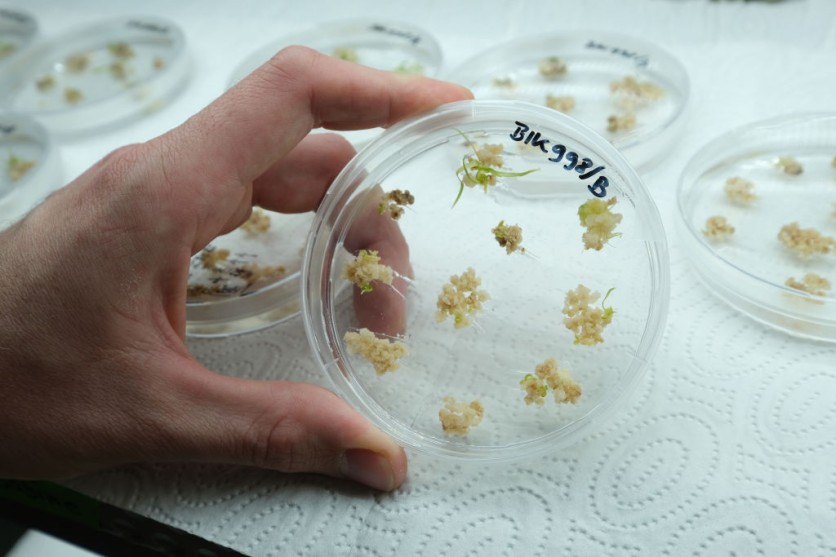The United Kingdom's Medicines and Healthcare Regulatory Agency (MHRA) approved Casgevy, the first gene therapy treatment for sickle cell disease.
The Thursday announcement of this medical breakthrough gives hope to thousands of people with this devastating condition.
Casgevy, developed by Vertex Pharmaceuticals (Europe) Ltd. and CRISPR Therapeutics, is the first medicine licensed using the revolutionary CRISPR gene-editing tool, which earned its inventors a Nobel Prize in 2020, according to Time.
The therapy will be helpful for patients 12 and older with sickle cell disease and thalassemia, hereditary diseases brought on by abnormal hemoglobin genes.

A Medical Breakthrough
Dr. Helen O'Neill of University College London called the MHRA's clearance a "positive moment in history," underscoring CRISPR-based gene editing's potential to treat diseases. Until now, bone marrow transplants were the only enduring treatment for these conditions, involving complex procedures with unpleasant side effects.
Casgevy utilizes the CRISPR-Cas9 gene-editing technique, allowing precise changes to DNA. The treatment involves editing a patient's cells outside the body and reintroducing them, aiming to prevent the excruciating pain episodes associated with sickle cell disease and liberate thalassemia patients from regular blood transfusions. For some, this therapy represents a potential cure.
The treatment involves altering a gene in bone marrow stem cells in a lab. The MHRA explains that patients must undergo a "conditioning treatment," which may include immunosuppressants, radiation, or chemotherapy, to prepare their bone marrow before receiving the modified cells.
"After that, patients may need to spend at least a month in a hospital facility while the treated cells take up residence in the bone marrow and start to make red blood cells with the stable form of hemoglobin," as per the MHRA statement, as quoted in a CNN report.
The UK leads the way but Europe and the United States will follow. The US Food and Drug Administration is projected to decide by December 8, after an advisory group certified the treatment safe on October 31.
After one year, Vertex and CRISPR Therapeutics must present further safety and effectiveness data to preserve the therapy's MHRA approval. Approximately 2,000 eligible individuals in the UK stand to benefit from this groundbreaking gene therapy.
What to Know About Sickle Cell Disease
The majority of sickle cell disease patients are African and Caribbean, whereas beta-thalassemia patients are Mediterranean, South Asian, Southeast Asian, and Middle Eastern. Sickle cell disease causes blood cells to stiffen and crescent-shaped, causing blockages and extreme discomfort. Beta thalassemia causes hemoglobin deficiency and anemia.
Julian Beach, interim executive director of healthcare quality and access at the MHRA, said, "Both sickle cell disease and beta-thalassemia are painful, lifelong conditions that in some cases can be fatal." The approval promises better health and well-being for genetic disorder patients, per Wired.

ⓒ 2025 TECHTIMES.com All rights reserved. Do not reproduce without permission.




